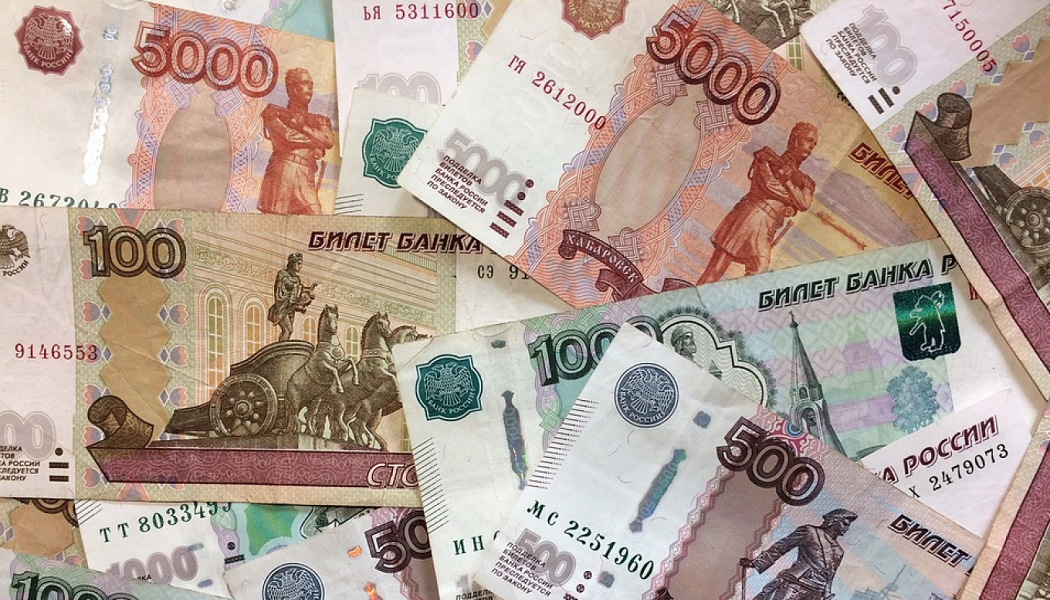Russian Rouble Falls to New Low Amid Tightening of Sanctions
LAHORE MIRROR (Monitoring Desk)– The rouble plunged to a record low in Moscow on Wednesday of 110 to the dollar and the stock market remained closed as Russia’s financial system staggered under the weight of Western sanctions imposed over Moscow’s invasion of Ukraine.
The rouble fell 4.7% to 106.02 against the dollar in Moscow trade , earlier hitting 110.0, a record low. It has lost about a third of its value against the dollar since the start of the year.
“The rouble volatility remains extremely high which could be caused by instability of forex sales by exporters along with still increased levels of stress of market players and households in particular,” Raiffeisen said in a note.
For the third day in a row, the rouble was weaker outside Russia, trading at 112 to the dollar on the EBS electronic trading platform, but still off an all-time low of 120 hit on Monday.
The weak rouble will hit living standards in Russia and fan already high inflation, while Western sanctions are expected to create shortages of essential goods and services such as cars or flights.
Many international companies have announced plans to exit Russia, while the country’s credit ratings are coming under pressure as a result of the crisis.
Credit rating agency Moody’s said: “The placement of Russia’s sovereign ratings on review for downgrade was triggered by Russia’s further military operation in Ukraine which started on 24 February 2022, and reflects the negative credit implications for Russia’s credit profile from the additional and more severe sanctions being imposed.”
JP Morgan said there was a deep recession in the making for Russia and the bank was re-assessing its regional macro forecasts.
“The most recent measures targeting the CBR have completely changed the picture,” JP Morgan said.
“Russia’s large current account surplus could have accommodated large capital outflows, but with accompanying CBR and SWIFT sanctions, on top of the existing restrictions, it is likely that Russia’s export earnings will be disrupted, and capital outflows will likely be immediate.”

